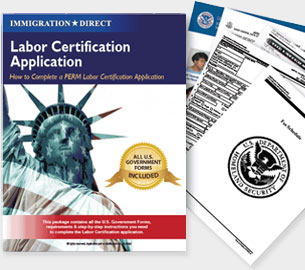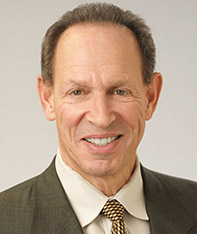Guiding you through the process of qualifying for labor certification
 For an American business, hiring workers from overseas is not as simple as finding a good candidate and helping that person get a work visa. The U.S. Department of Labor requires all businesses seeking to hire immigrants to get a PERM (Program Electronic Review Management) labor certification before employees can begin the visa process. The program is intended to ensure that foreign workers do not take jobs from U.S. workers. The process is complicated and time-sensitive. A business will usually need help of an experienced immigration attorney to guide them through the process, step by step.
For an American business, hiring workers from overseas is not as simple as finding a good candidate and helping that person get a work visa. The U.S. Department of Labor requires all businesses seeking to hire immigrants to get a PERM (Program Electronic Review Management) labor certification before employees can begin the visa process. The program is intended to ensure that foreign workers do not take jobs from U.S. workers. The process is complicated and time-sensitive. A business will usually need help of an experienced immigration attorney to guide them through the process, step by step.
Requirements for labor certification
Labor certification is important for companies hiring second-preference workers, such as those with advanced degrees and at least five years of experience. It will also often be required for third-preference workers, including skilled and unskilled laborers. Businesses applying for a labor certification have to meet several requirements, including:
- Advertisement and recruitment. Employers must show the Department of Labor that they have made a serious attempt to hire a person in the United States to fill the position. The position must be full time, available to U.S. workers and not tailored specifically to a particular foreign worker’s qualifications.
- Prevailing wage. Pay for the position must be equal to or greater than the prevailing wage for that position in the United States.
- Impact on U.S. workers. Employers must show that hiring a foreign worker won’t have adverse effects on U.S. workers, including diminishing wages or increasing unemployment.
Don’t leave your hiring and recruitment program to chance. If your company is looking to hire foreign workers for skilled or unskilled positions, you should work with an experienced immigration law attorney to obtain PERM certification. Please contact us today to get answers to your immigration labor questions. Or you can reach us by phone directly at 646-779-2896.
Our New York City office is conveniently located in the Financial District, on Broadway between Barclay and Vesey.











